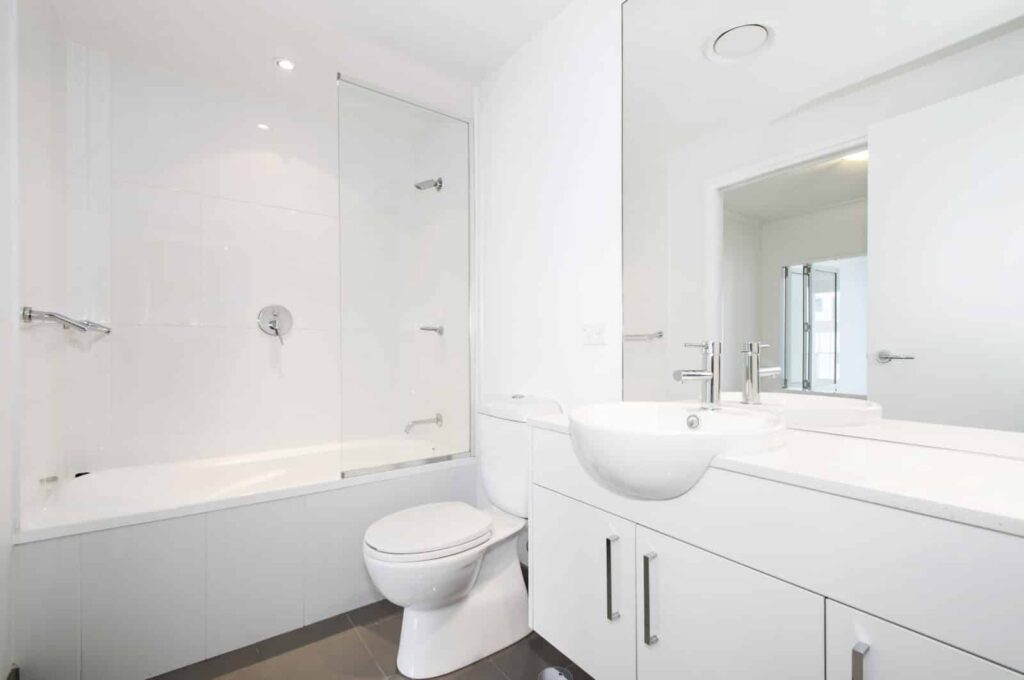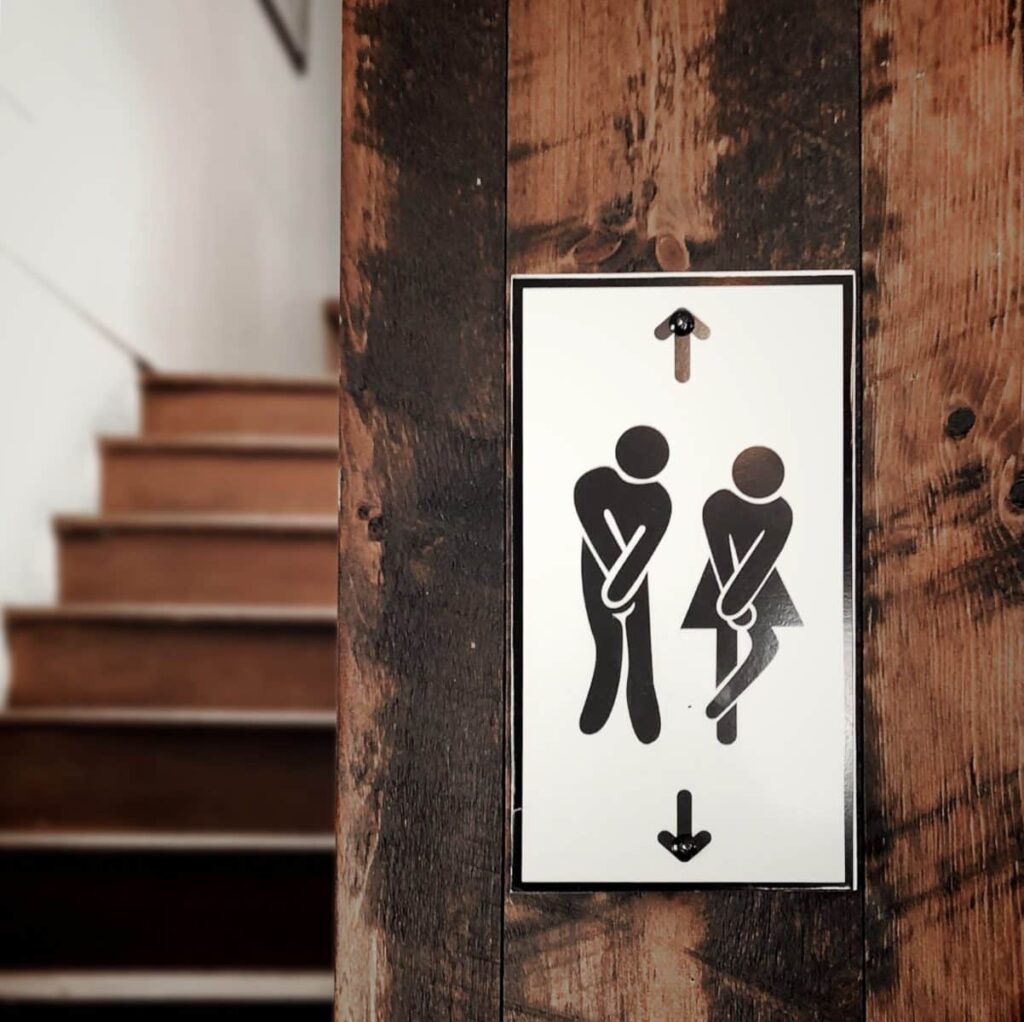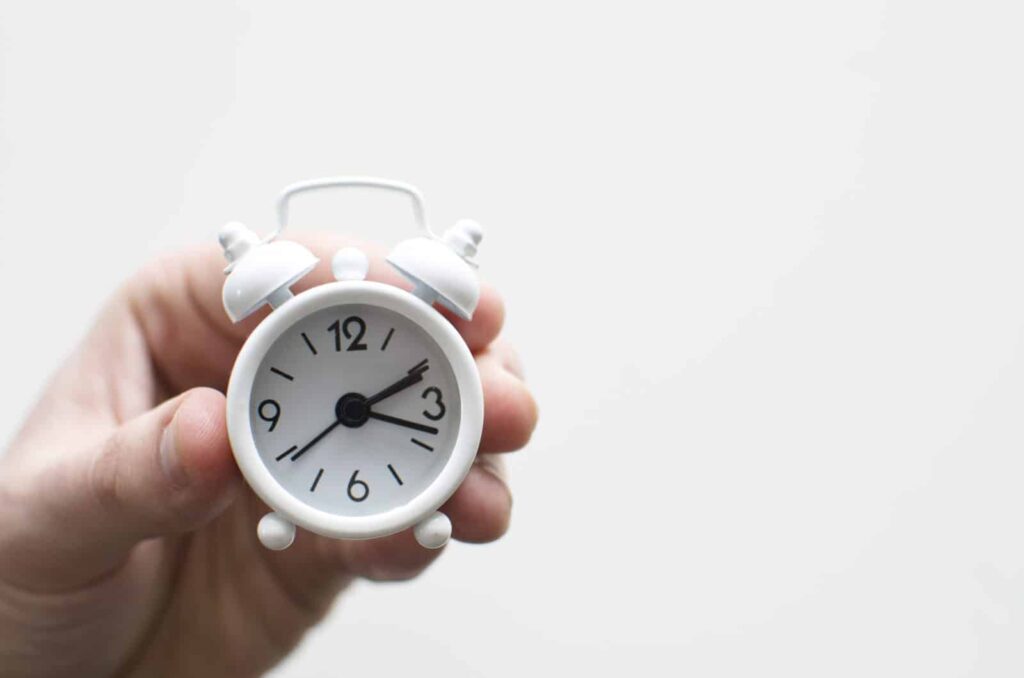How Long Does It Take Liquid To Digest
Do I urinate the same amount I drink? How long does water take to reach the bladder? Does everyone urinate for the same amount of time and take the same time to process water into urine?
Whether you find yourself peeing shortly after taking water or after a while, it is possible at some point the above questions bothered you. It is normal to be bothered by how your body reacts from time to time. It is even ok to try to find out why your body behaves so.
Today, we will give you a quick rundown on everything you need to know about urination timing. So, if you have any questions concerning your urination pattern and behavior, stay tuned for more information.
Water and urination facts

Our bodies are different. Some people will have a higher urination frequency and others a low urination frequency. Gender, as well as your health, also will significantly contribute to the rate with which you are going urinate.
Monitoring your frequency of peeing can help tell when all is well and when you need to be concerned. Basically, if you are a healthy adult, there is a fairly standard normal range your urination must fall into. Any deviation from this standard could signal there is something that needs to be checked out by an experienced doctor.
So, how long to urinate after drinking water when you are a healthy adult? Let's dive deeper!

How much urine can your bladder hold?
Let's start by understanding how much your bladder can hold. If you are a healthy adult, your bladder can hold 16 ounces of urine for anywhere between 2 and 5 hours. Why 2-5 hours? Simply because it all depends on your body and your physical makeup.
If you are a man, you will hold urine longer than a woman. Pregnant women and those who are their periods may not be in a position to hold urine for long compared to other women. Your weight, physical activities, and age are other things that will determine how long your bladder will hold urine.
How long does it take to pee after drinking water?
If you drink the recommended amount of water (2 liters of water per day), it is ok to urinate roughly every four hours. This interval can also go up or down depending on how much water and other liquids you drink throughout the day. If you don't get hydrated enough, don't be surprised to see your frequency of urination declining.
How many times should you pee a day?
It's considered natural to urinate six to eight times in a 24-hour period. If you go more often than that, it could actually mean you drink too much fluid or eat too much caffeine, which is a diuretic and flushes liquids out of the body. But if you're drinking plenty, it's not abnormal to go as many as10 times a day.
What can make you pee more often?
Many factors can increase your trips to the toilet. Here are some reasons why you are likely to see an increase in the volume of your urine.
Intake of Water or Liquid
The amount of liquid you drink influences how frequently you urinate. When your urinary bladder is full, peeing will only take a few minutes. As a result, if you drink a lot, you will naturally pee a lot.
When you are dehydrated, your body absorbs as much water as it requires and excretes the surplus.
A minimum of eight glasses of water should be consumed each day. You can drink more water to keep your body properly hydrated.
It should be noted that alcohol and caffeine are diuretics that will cause you to pee frequently.
Health of the Body
Individuals who are ill, such as those with kidney problems, may urinate more or less frequently. People with diabetes urinate more frequently if they merely drink a glass of water.
People with kidney stones, on the other hand, typically suffer dysuria (painful urination) or frequent urination but reduced urine flow.
Aside from diabetes mellitus, diabetes insipidus, and kidney stones, the illnesses listed below induce frequent urination (peeing).
Medication
Diuretics medicine will make you visit the toilet more often than you would if you are not on medication. If it is a normal side effect, there is no need to worry as your bladder will get back to its usual self once you complete your dose.
Diabetes
If you have diabetes, often you will notice changes in how often you empty your bladder. It is always advisable to talk to your doctor when you notice changes in your urination pattern.
Alcohol
Taking alcohol will always increase your frequency of urination.
Pregnancy
As mentioned above, pregnant women have to go to the bathroom much more often. Due to the weight of the unborn, it not possible for them to keep the bladder full for long.
Caffeine
Just like alcohol, if you take more caffeine, be ready to visit the bathroom more often throughout the day.
Factors Influencing the Time It Takes You to Pee
A person with regular physiological function and water consumption pees six to eight times per day on average. If you drink a lot, you may need to pee up to ten times a day.
Other conditions that cause frequent peeing
- The anterior prolapse
- Consumption of diuretics
- Stones in the bladder
- Anxiety problems
- Benign Prostatic Hyperplasia (BPH)
- Infections of the kidney (pyelonephritis)
- Hyperactive bladder
The weather
A cold temperature makes you urinate more frequently than a warm climate. This happens because you do not sweat in cold temperatures, so your body finds alternative ways to get rid of the surplus water in your system.
Because you sweat so much in hot temperatures, your body does not need to eliminate surplus water through pee.

How long does it take to urinate, exactly?
On average, seven seconds are enough to complete peeing when you visit the toilet. You can take seven minutes to be a good ballpark. If you notice it takes you longer to pee, or you don't pee very long at all when you felt like you had to, consider seeking medical advice as it could be a sign of an overactive bladder or infection.
Is it normal to pee soon after drinking water?
You can leak urine while you sleep or feel the need to pee after drinking some water, even though your bladder is not full. This feeling can result from nerve damage or irregular nerve-to-brain signals. Medical conditions and some medicines—such as diuretics—can aggravate this.
When you drink a lot of water but don't pee?
Dehydration is a common cause of low urine production. A common cause of low urine production is dehydration. Dehydration happens when the body doesn't get enough liquid from the diet or releases liquid too quickly to replenish.
How long before bed should I stop drinking water?
Stop drinking water or other drinks at least two hours before sleep to prevent night waking. If drinking water before bed triggered unusual symptoms, speak to your doctor or dietitian. They will help you decide what water is best for your diet and overall health.
Home Remedy to Make Peeing Easier
It is possible that you will have difficulties peeing at times. This could happen if you are dehydrated or if you have kidney problems. In such instances, you could try the following home remedies:
1. Consume Plenty of Water
Increase your drink intake to hydrate your body. Even if you are not thirsty, you must drink water. This approach causes your bladder to fill faster, leading you to urinate.
2. Other liquids to drink
You might also have an abundance of unsweetened fruit juices. Although coffee and alcohol might cause increased urination, health experts do not advocate these two beverages because they are addicting.
Furthermore, long-term alcohol usage can result in alcoholic liver cirrhosis. As a result, avoid making alcohol a habit and drink coffee sparingly.
3. Use a Cold Compress.
Apply a cold compress to the area around the hypogastric artery (lower abdomen.) Because of the temperature, the cold compress will cause you to urinate. Apply the cold compress to the affected region for 2 minutes.
Allowing the compress to remain in one spot for an extended period of time may cause skin injury. For at least 10 to 15 minutes, move the compress over the hypogastric area every now and then.
4. Go for a walk and do some light exercises.
You might also go for a walk and do some gentle workouts (stretching and squatting). These workouts will enhance your blood flow and cause you to pee.
However, don't overdo it, as strenuous exertion might cause excessive sweating. Sweating excessively may diminish your desire to pee because you have already lost water through sweating.
5. Break a Sweat
Exercise and sweat it out to reduce peeing. Jogging, cycling, dancing, and swimming are good exercises.
Yes, it may surprise you that one of the home cures to help you pee is to be positive. However, this efficient strategy is frequently overlooked.
6. Try some Kegel exercises
This exercise improves your pelvic muscles, allowing for more effective urinating. You can accomplish this by constricting the muscles used when trying to halt peeing.
Maintain this position for 5 to 10 seconds. Exercise your Kegel muscles 3 to 5 times each day to gain control over your urinating.
7. Relax and lower your stress
Body dysfunctions can be caused by stress. As a result, you must relax and remain calm. Meditation and psyching your body will help you get rid of all negative ideas and vibrations. When your mind is relaxed, your body performs more efficiently.
8. Maintain a positive attitude
The mind is a strong tool for curing many physical ailments. When you think positively, your body reacts positively.
You should, of course, visit your doctor after using these home cures. There could be a pathological problem in your body.
It is usually prudent to ensure that you are not suffering from any significant illnesses.
Premium urinary tract health options
Visiting the bathroom is a good sign of your bladder, and the urinary tract system functioning well. If they fail to function well, many things could go wrong in your body.
Maintaining a healthy urinary tract is always a good thing, and something to consider all the time very seriously. If you are keen on improving the health of your urinary tract, below are some premium options you can try.
Harmony D-Mannose – Urinary Tract UT Cleanse & Bladder Health
AZO Cranberry Urinary Tract Health Dietary Supplement
AZO Cranberry Urinary Tract Health Dietary SD-Mannose 1,300 mg with Cranberry Extractupplement

D-Mannose 1,300 mg with Cranberry Extract Fast-Acting, Flush Impurities, Natural Urinary Tract Health- 100 Veggie Capsules
- ✔️Superior Potency 1,300 MG: Our formula delivers 1,300mg making it the most potent available
- ✔️Superior Quality: Pure D-mannose and cranberry extract, without the use of fillers or binders. All our...
- ✔️Premium Quality: Gluten Free, Non-GMO, GMP, Veggie caps, Third tested party, Purity & Potency Lab tested
Conclusion
We hope we have cleared the air on all questions regarding urination frequency or urgency, how long does it take to pee after drinking water. We have tried to keep every clear and hope all your questions have been answered to your satisfaction. You are free to ask any other itchy question we may have skipped.
Remember also to seek medical advice anytime you notice any form of abnormality with your peeing pattern. The earlier you consult, the better.
If you click on the Amazon link or Add to Cart and make a purchase, we earn a commission at no additional cost to you. Last Update: 2021-11-26
How Long Does It Take Liquid To Digest
Source: https://thewaterfiltermarket.com/how-long-does-it-take-to-urinate-after-drinking-water/
Posted by: hicksmaright.blogspot.com

0 Response to "How Long Does It Take Liquid To Digest"
Post a Comment